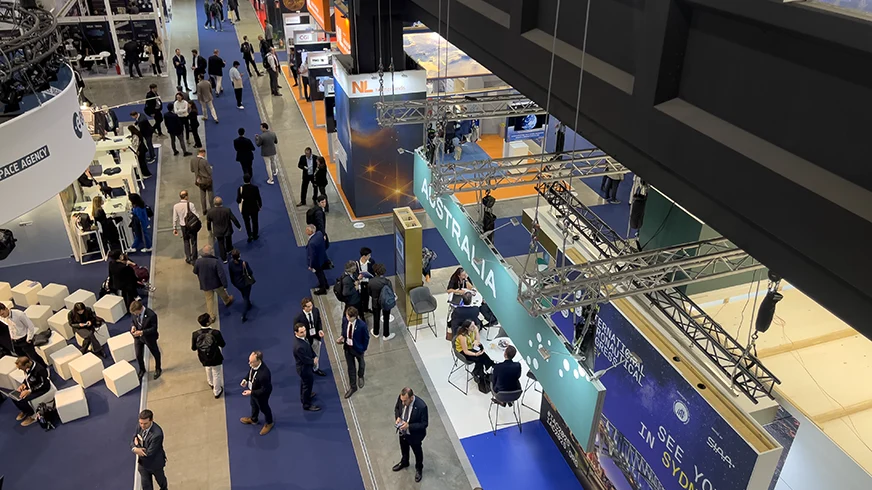Day 4 of the International Astronautical Congress (IAC) in Milan was dedicated to recognising the foundational pillars of the space industry: science and academia. As Tanja Masson-Zwaan, Vice President for Science and Academic Relations at the International Astronautical Federation (IAF), eloquently reminded attendees, “The space sector is built on the shoulders of science and academia.” These pillars not only ground the industry but also uphold the integrity of the IAF, playing a vital role in everything we do in space.
The Science and Academia Luncheon was a standout of the week, featuring inspiring talks from Boryung and Intuitive Machines. Jay Kim, Chief Executive Officer (CEO) of Boryung, struck a chord with the audience as he discussed his vision of uniting “problem seekers” and “problem solvers.” His words reflected the overarching sentiment of the day—the importance of collaboration between think tanks, startups, and established players in the global space community. This spirit of teamwork and innovation is key to driving the space industry forward.
This was further echoed by Jamie Morin, Executive Director for Space Policy and Strategy at The Aerospace Corporation. Morin highlighted NASA’s openly published Space Sustainability Strategy, praising the agency’s transparency and self-reflection in assessing their performance. He emphasised the need for further research and collaboration, encouraging all entities to help establish common definitions and unified approaches to tackle challenges such as sustainability in space. H. Ludwig Moeller, Director of the European Space Policy Institute, expanded on this idea, underscoring the need for financial backing to bring these solutions to life. Moeller stressed that clear communication of the “why” behind these projects is essential to securing the necessary resources for research and development.
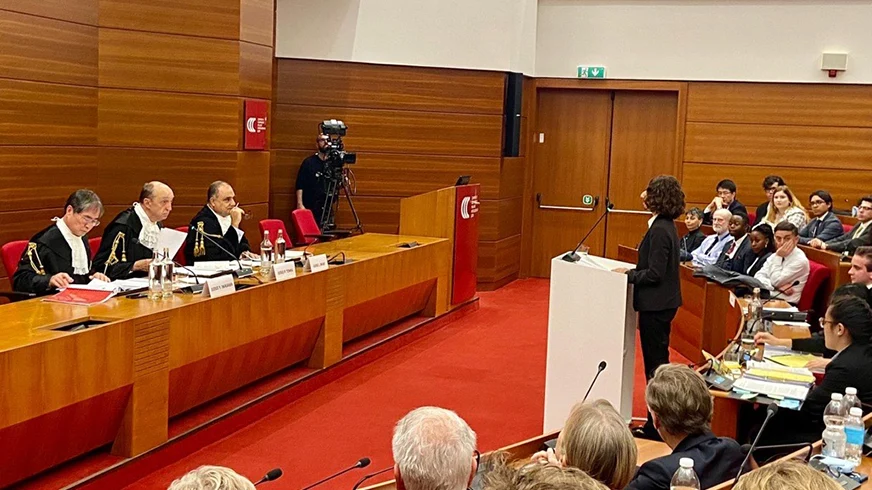
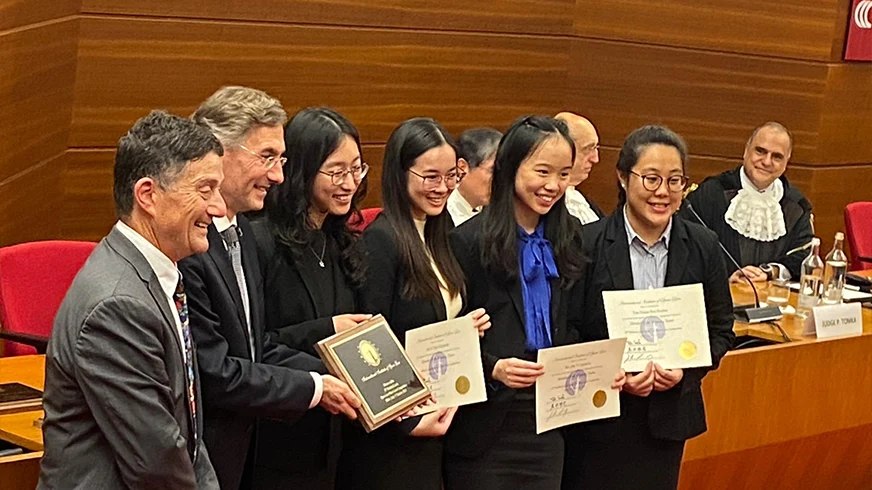
Offsite, three highly experienced judges presiding over the International Institute of Space Law (IISL)’s Moot Court passed down their verdict. Singapore Management University won their case against the National and Kapodistrian University of Athens (Greece) in a hard-fought debate concerning the protection of dark and quiet skies and the freedom of scientific investigation. Professor Melissa de Zwart, Professor of Space Law and Governance at the Andy Thomas Centre for Space Resources at the University of Adelaide, paid testament to the talent of the next generation displayed throughout the week, noting, “It is humbling to see such a fabulous standard globally. Space law is in good hands.”
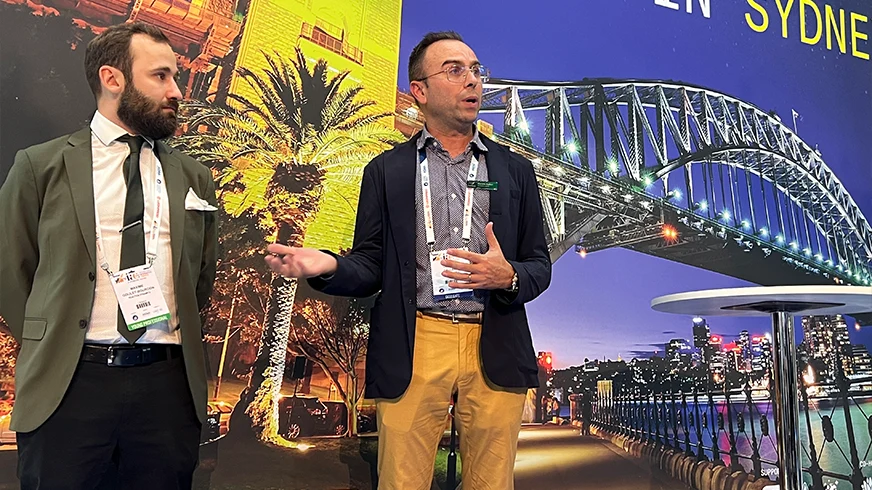
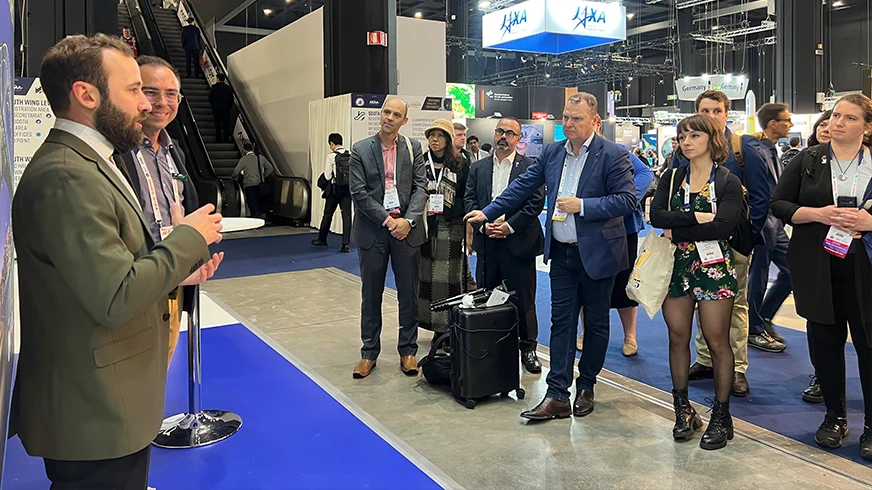
The day also brought exciting news for Australia’s space sector. Southern Launch, a company headquartered in Adelaide, announced a partnership with Reaction Dynamics. Daniele Dallari, Sales Manager of Southern Launch, and Maxime Goulet-Bourdon, COO of Reaction Dynamics, were beaming with pride as they revealed plans to host the Aurora suborbital mission from Southern Launch’s Koonibba Test Range. The first of these launches will take place in the weeks leading up to IAC 2025 in Sydney, offering a prime opportunity for the global space community to witness Australia’s space capabilities firsthand, making their trip to IAC 2025 an immersive and unforgettable experience.
Dr. Tim Crain, CEO and Co-Founder of Intuitive Machines, perfectly encapsulated the energy and excitement of the day and the week as a whole: “This is absolutely the best time to be involved in space exploration and space development. Let’s shoot for the stars.”
